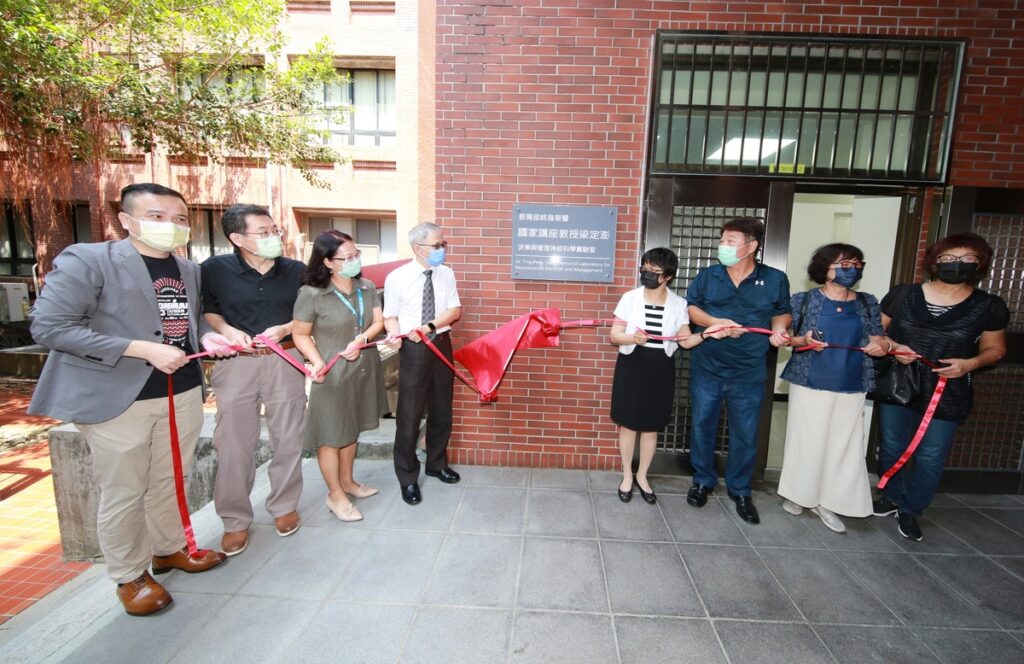
2021-10-08 / NSYSU News
To commemorate the late Lifetime National Chair Professor of the Ministry of Education (MOE), Ting-Peng Liang of the Department of Information Management, NSYSU officially inaugurated the Dr. Ting-Peng Liang Memorial Laboratory for Neuroscience Decision and Management on Taiwan’s Teacher’s Day. Planned by Professor Liang himself during his lifetime, this is the first laboratory for neuroscience decision and management in Taiwan. In addition to being a commemoration of Professor Liang’s dedication to his work, the Laboratory aims to pass on his spirit so that Taiwan’s research performance in the field of management will continue to shine on the international stage.
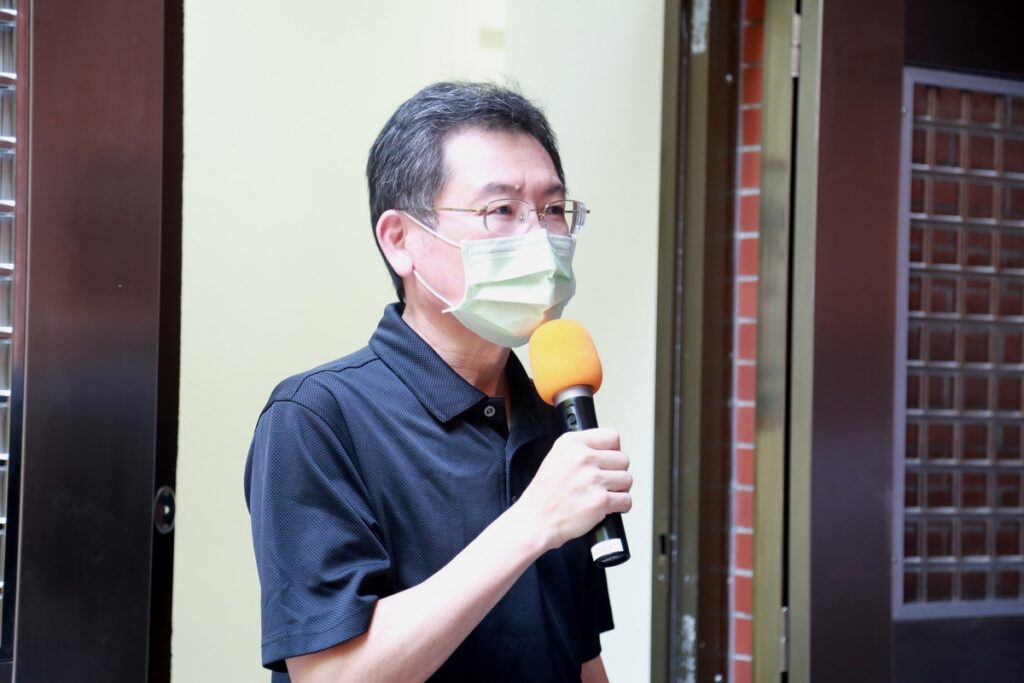
“Each seat, direction line, cabinet, and element of the arrangement was designed by Professor Liang himself.” The Dean of the College of Management, San-Yih Hwang, stated that Professor Liang did everything by himself in the last year of his life despite his bad health: he conducted on-site surveys and drew sketches of the laboratory during chemotherapy. He was persistent and enthusiastic about research, loved the University, and had high hopes for it. In May this year, Professor Ting-Peng Liang passed away from pancreatic cancer. This was a big loss for the information management academic community. To continue Professor Liang’s legacy, NSYSU has brought the project of establishing a laboratory to an end.
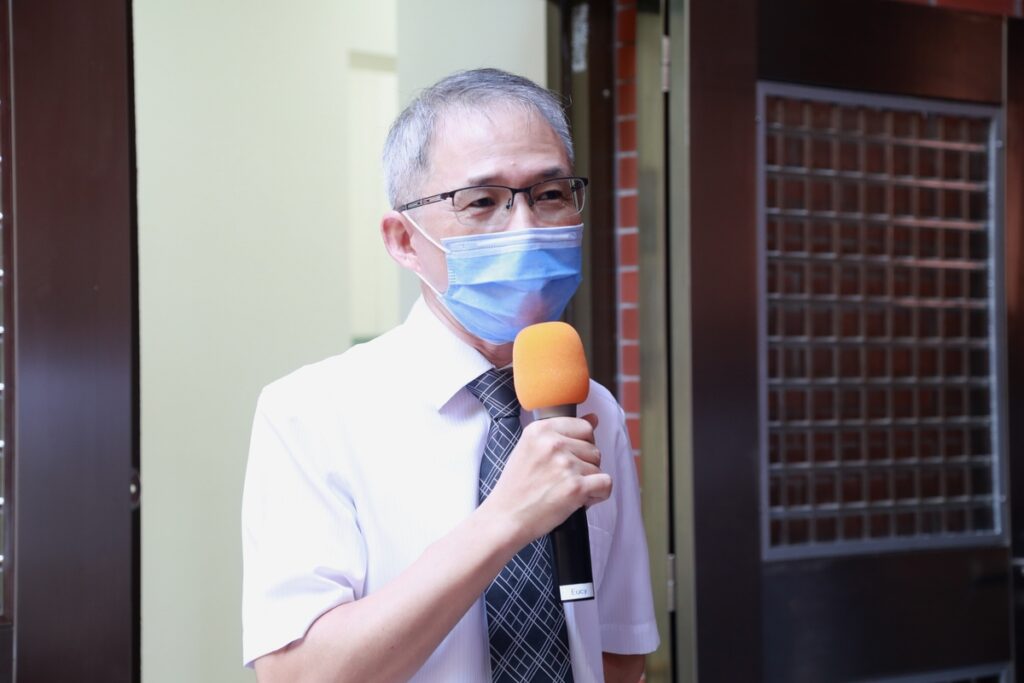
The wife of the late Professor Liang, Jhen-Li Wang, as well as other family members, was present during the inauguration and was the first tester of the laboratory equipment. She wore the electroencephalograph and watched test photos including landscape pictures and a collection of Professor Ting-Peng Liang’s photos. She said that she could barely suppress her emotions seeing the photos of her late husband, especially those of his last birthday celebrations. “The electroencephalograph showed I had the most intense brain activity when seeing my husband’s photos!” Mrs. Wang explained that in the past, Professor Liang would often ask himself about the purpose of his work and make clear his plan to establish the laboratory. He hoped that NSYSU students and teachers would respond to trends and make meaningful achievements in the future.
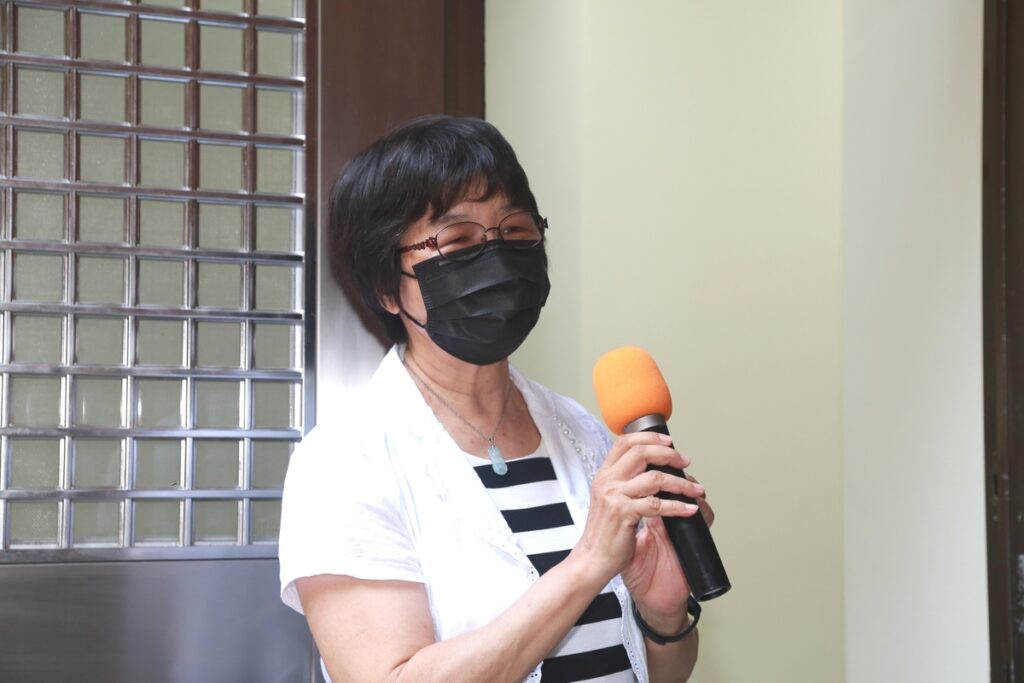
Professor Liang was internationally well-known for his lifelong commitment to bringing the information management academic community from Taiwan and the Asia Pacific region to the international stage. Passionate about academic work, he would always keep track of current research. Professor Liang observed that with the advancement of cognitive neuroscience, applied neuroscience research methods were becoming more and more important in information management, general management, and even social sciences. Having noticed this, he dedicated himself to promoting neuroscience research methods and investing in equipment, funds, and laboratories, hoping to provide faculty and students with the opportunity to engage in related research and grasp international academic trends.
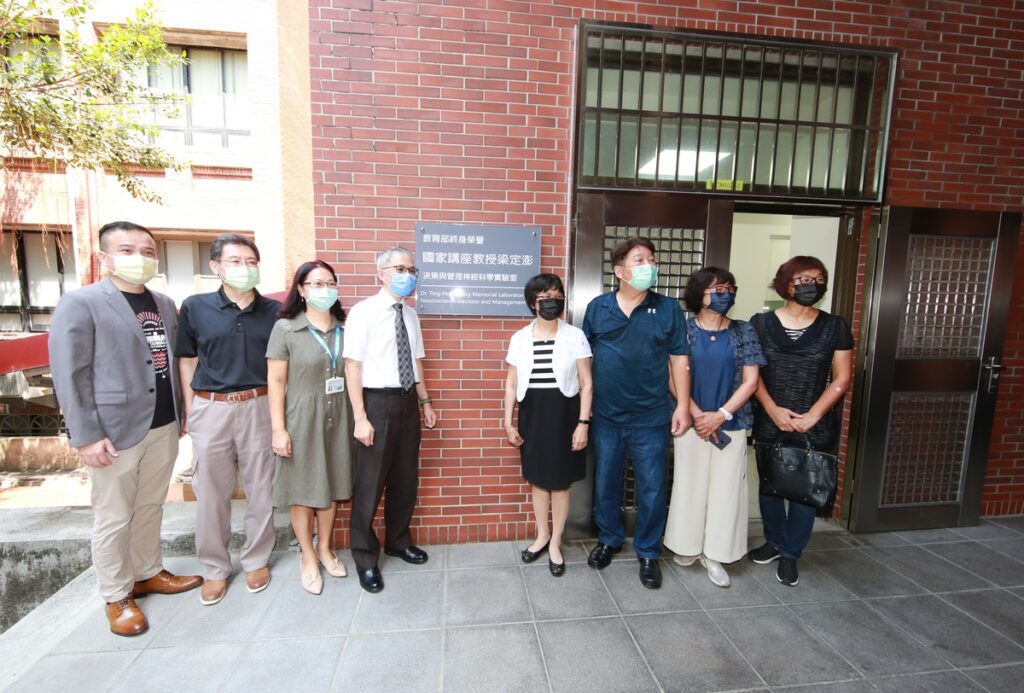
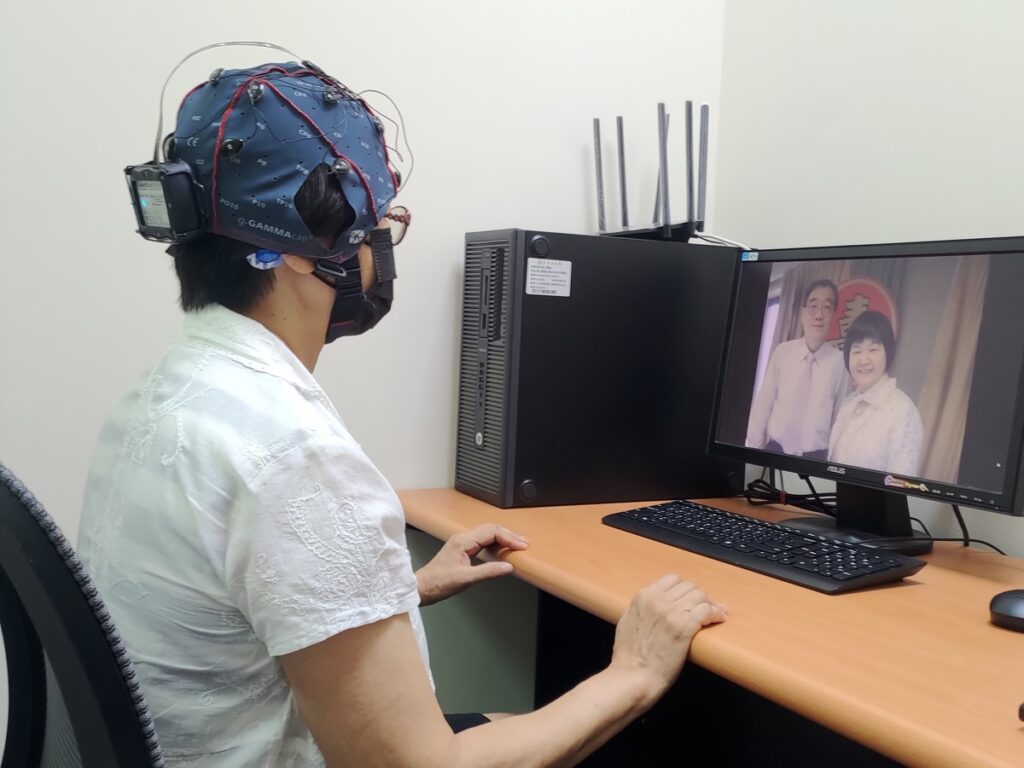
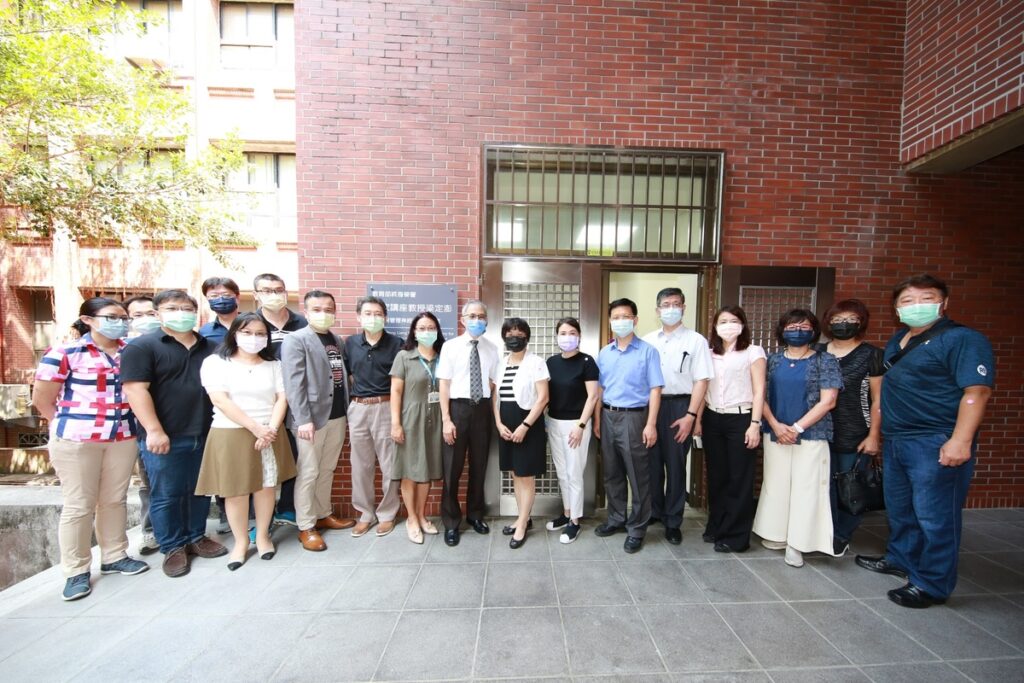
Professor Liang’s motto was: “Always believe in your vision and dreams”. To commemorate his spirit, NSYSU will hold a memorial meeting on October 16, inviting people from all walks of life to remember him as a dreamer and a doer who gave his best until his final moments.
Note:
MOE Lifetime National Chair Professor Ting-Peng Liang specialized in e-commerce, knowledge management, and applied information technology for decision analysis. He was the first Chinese-ethnicity scholar to be honored with the LEO Award by the Association for Information Systems (AIS) in the US for his lifetime achievements in the field of information systems. He was also the first Taiwanese scholar to serve as the AIS President.
As neuroscience equipment is costly, studies in this field in Taiwan are mostly based on single instrument measurements. The Dr. Ting-Peng Liang Memorial Laboratory for Neuroscience Decision and Management is equipped with an electroencephalograph, eye tracker, and neurophysiological feedback monitoring system, which makes it the best-equipped laboratory for neuroscience research applied to policy and management in Taiwan.
The Laboratory for Neuroscience Decision and Management can more precisely measure human reactions and brain functions; understand human cognitive responses, decision making, and emotional expressions; and reduce the bias common in previous behavioral studies that relied on questionnaires. In the future, the laboratory will initially conduct experimental validation in the field of neuroscience, apply neuroscience tools to quantitative research in management, and collaborate with faculty across fields to open up new possibilities in neuroscience applications.